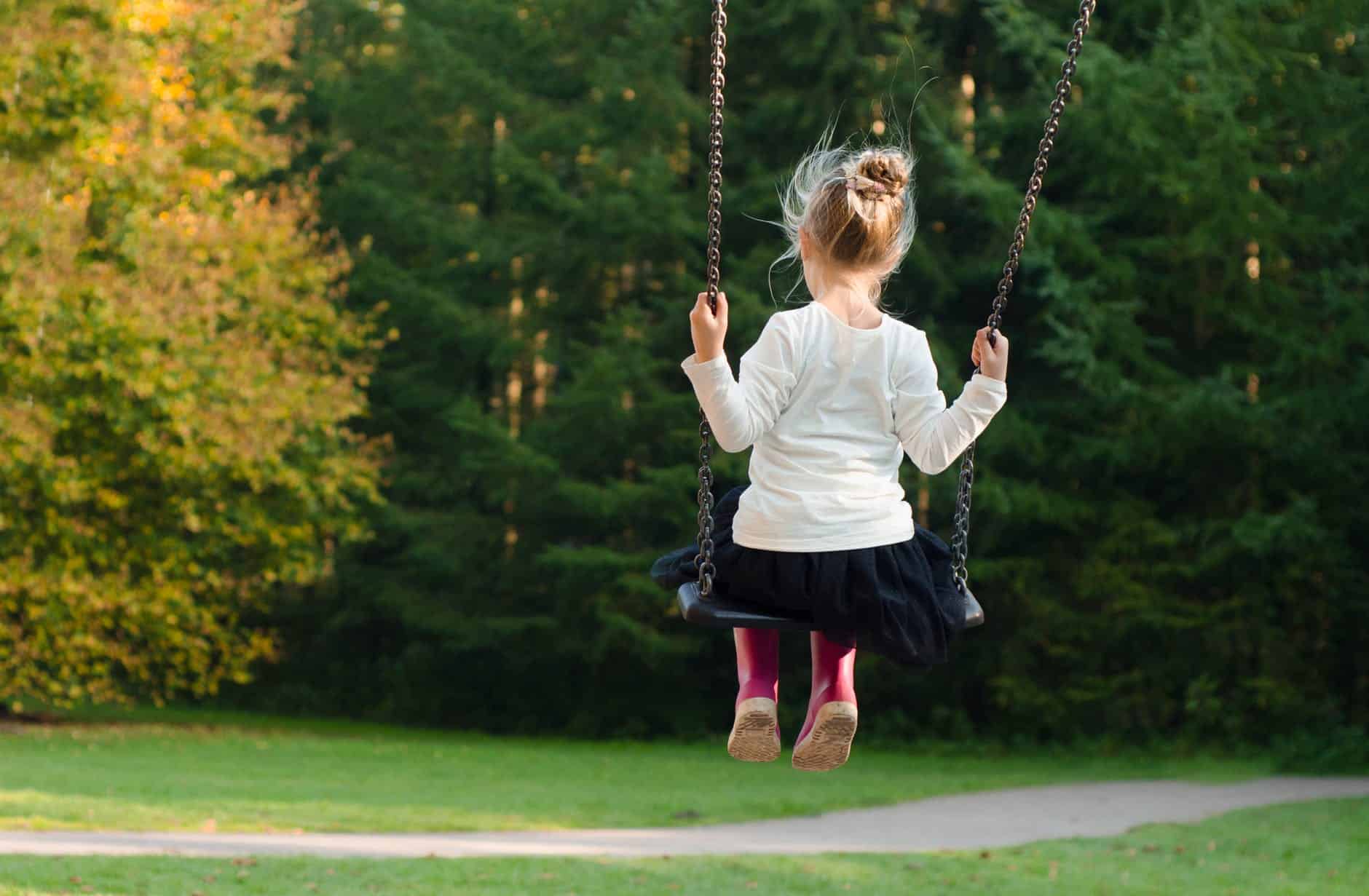
11 Tips To Help An Alcoholic Family Member Or Friend
There’s a lot of information out there on how to help an alcoholic get on the road to recovery. And like with most things, some of it is better than others. We’ve been working with alcoholics and addicts for more than 20 years and know just how difficult it can









